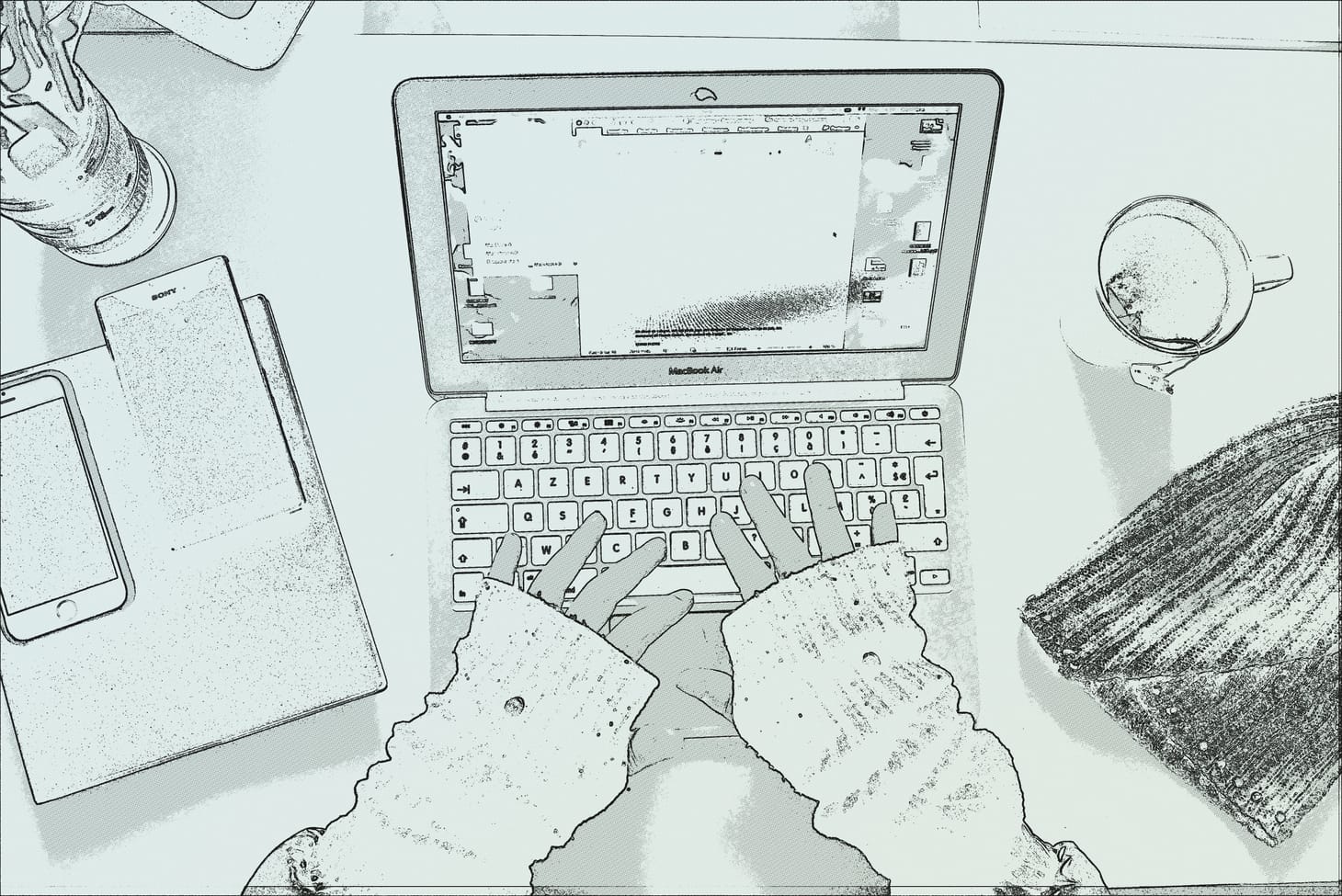Spotify Canceled
Will a boycott of Spotify by artists and subscribers force the company to make meaningful changes with regard to its intellectual property?

If you aren't up-to-date on why artists like Neil Young and Joni Mitchell are upset with Spotify's bankrolling of Joe Rogan and the potentially harmful content on his podcast, Robert Wright has a balanced take that's worth reading. Wright goes into the episode with Dr. Robert Malone, and the claims that were made by the doctor don't hold up well under scrutiny. Artists want to avoid being associated with a music service that also subsidizes content that could be detrimental to those who take it to heart.
I've seen some people decry criticism of Joe Rogan and his podcast as "censorship." These folks assume that holding a private company (Spotify) to account for what it is putting into the culture is the same as a government preventing access to certain materials that it does not like (as happens in places like China). Ben Werdmüller disagrees.
Activism and boycotts are a perfectly reasonable part of democratic society. You could argue that they’re a necessary part of a free market: businesses and customers have the right to make these decisions. To equate not wanting to financially support a toxic talk show with censorship is disingenuous at best.
I think Werdmüller is correct in his arguments. However, DHH from Basecamp makes the case that Spotify has laid down clear and reasonable rules about what is and isn't permissible on their platform regarding healthcare content.
Ultimately, it is up to the artists and the consumers if they want to engage in some sort of abstinence regarding Spotify. Whether the protest works with Spotify is up to the company. Folks can blast big tech for censorship, but in a case like this, Spotify is going to respond to what will be acceptable to their customers and also protect their investments in music and podcasts. As someone who has their music on Spotify and is a customer, Michael Donaldson from the 8sided Blog has some insight into the various dynamics at play.
Spotify paid Joe Rogan over 100 million dollars for exclusive rights to the podcast. That’s a lot. And artists and subscribers aren’t entirely wrong in feeling like they help pay for that by utilizing the platform. And, by paying this much for a single property, it’s in Spotify’s interest to relentlessly promote that property. In my experience, Rogan’s podcast is the top podcast recommendation on the Spotify dashboard a lot more often than it isn’t. I’ve never listened to a podcast through Spotify in my life but, almost without fail, there it is. Recommended for me and, I’m sure, recommended for you as well.
I want to make an essential distinction, though. When I use the word “customers,” I’m not talking about a minority of activists who are part of a special interest group. I’m referencing a plurality of actual subscribers and artists (and in this case, medical professionals) who have no particular agenda other than feeling like their money is going to subsidize a disinformation campaign.
Spotify Responds
Seeing customers and the medical community reacting seems to have pushed Spotify and Rogan himself to register and somewhat respond to the concerns regarding the content of the podcast. Unfortunately, as Dave Pell points out, adding content warnings to all podcasts that contain discussions of Covid-19 puts those that are factual and those that are non-factual on the same grounds. That lends legitimacy to the non-factual podcasts where there should be none. Pell also saves some space for a critique of Rogan's musical knowledge.
At one point during his video statement, Joe Rogan said, "I love Joni Mitchell," and then sung a brief line from a song … by Ricki Lee Jones. (Going with Joni's "A Case of You" was such an obvious pick!) Spotify better put a content advisory on Rogan's song knowledge, too. After all, they used to be a music service.
- Dave Pell, In Pod We Trust
Treasure Hoard
Join the newsletter to receive posts in your inbox.


